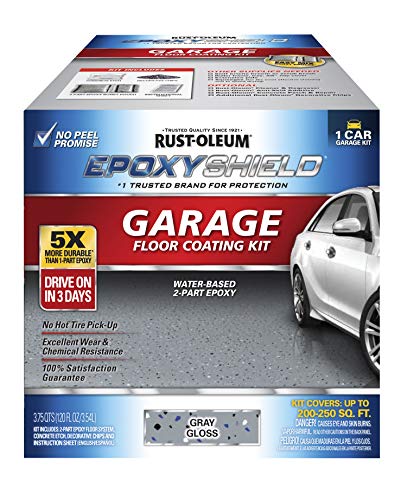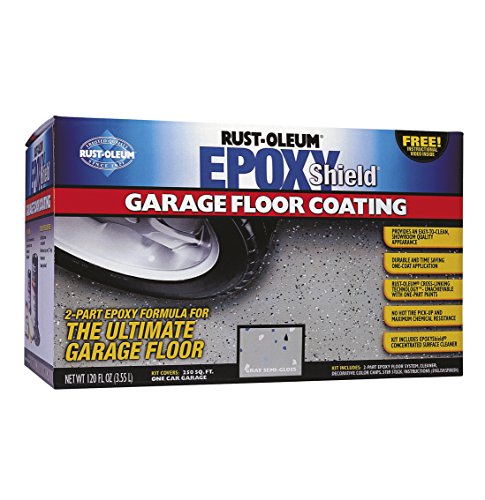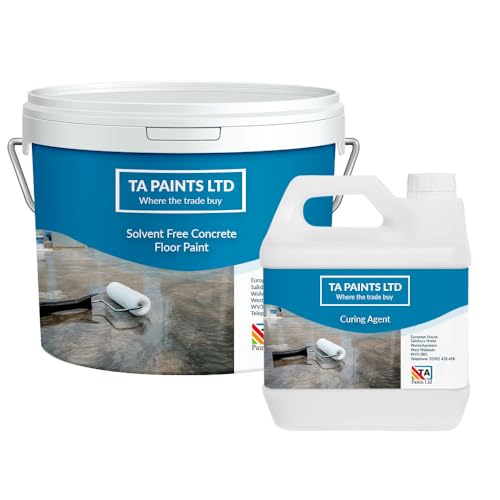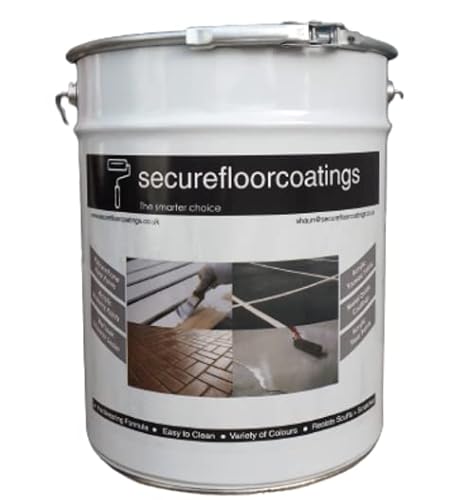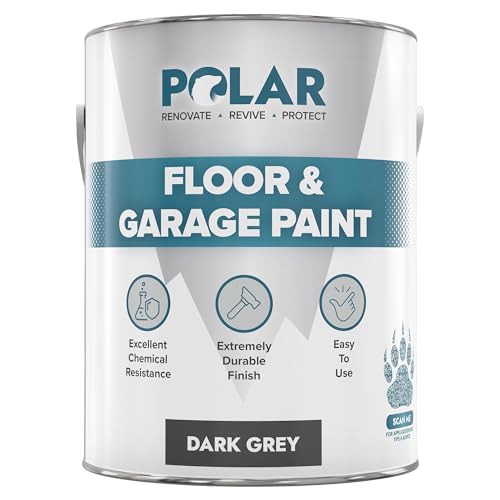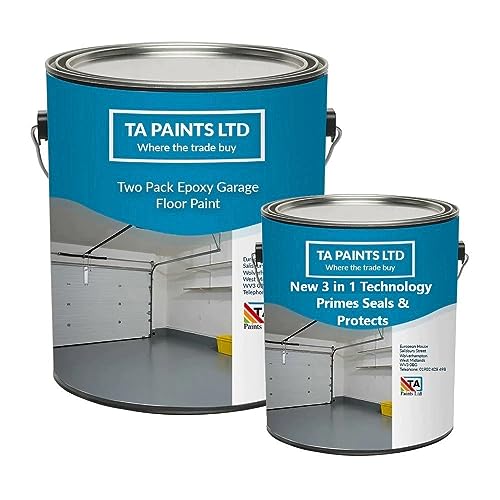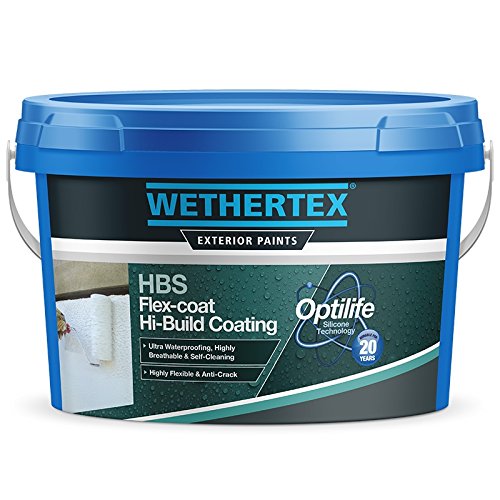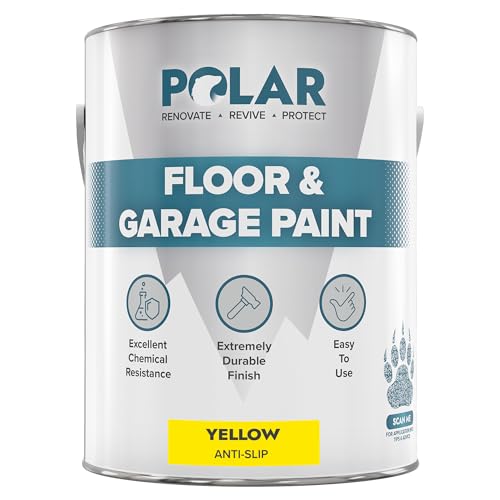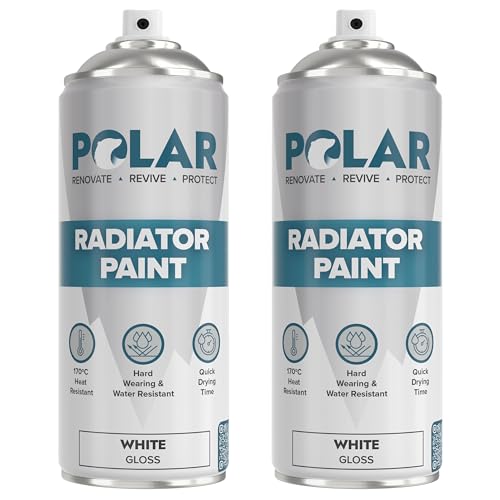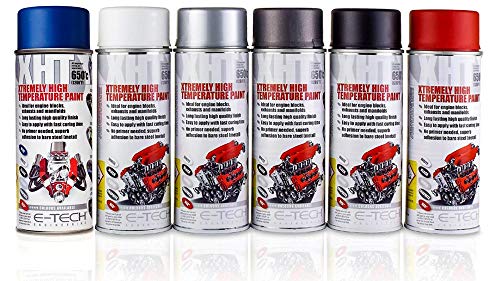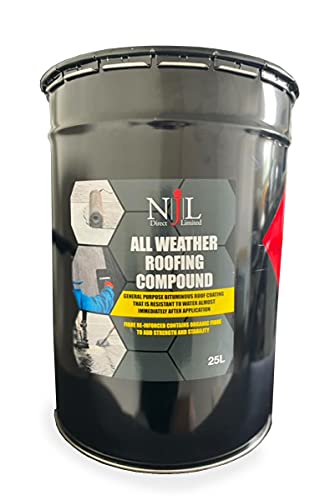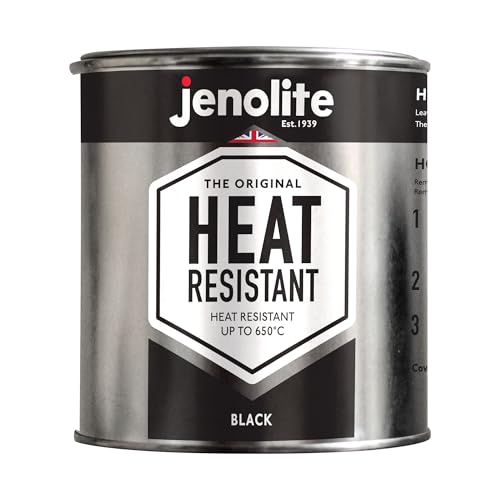Understanding Garage Floor Coating: What It Is and Why You Need It
The Basics of Garage Floor Coating
Garage floor coating is a protective layer applied to the surface of your garage floor. It serves several crucial purposes including protection against stains, spills, and wear and tear from heavy foot traffic, vehicles, and tools. By applying a coating, we can transform an ordinary concrete floor into a durable and attractive surface that’s easy to maintain.
Benefits of Coating Your Garage Floor
We often appreciate the look of a polished floor, and garage floor coatings offer aesthetic improvements along with practical advantages. For instance, a good coating not only boosts the appearance of your garage but also enhances its function, making it easier to clean. Moreover, it can help preserve the integrity of the concrete underneath, potentially saving you money on repairs in the long run.
Choosing the Right Type of Garage Floor Coating: Epoxy, Polyaspartic, or Paint?
Exploring Epoxy Coatings
Epoxy coatings are one of the most popular choices for garage floors. They are known for their durability, strong adhesion, and resistance to chemicals and stains. When we invest in epoxy, we gain a long-lasting surface that can withstand heavy usage. It usually takes a few days to cure fully, but the results are worth the wait.
Understanding Polyaspartic Coatings
Polyaspartic coatings are similar to epoxy but have some unique advantages. They cure much faster, so if time is a concern for us, this could be the better option. Polyaspartic coatings also resist yellowing and are less affected by UV light, making them ideal for garages that receive natural light. Plus, they can be applied in a wider range of temperatures, which adds flexibility to our application schedule.
Considering Paint as an Option
While many might think of traditional paint as an easy option, garage floor paint generally isn’t as durable as coatings like epoxy or polyaspartic. It may require more frequent reapplication and can wear off quicker, especially in high-traffic areas. If we choose paint, we should look for high-quality, specially formulated garage floor paints that are designed to withstand harsher conditions.
The Application Process: Step-by-Step Guide to Applying Your Garage Floor Coating
Preparing Your Garage Floor
Before we dive into applying the coating, preparation is key. This means thoroughly cleaning the garage floor by sweeping and mopping to get rid of dust and grime. We may also want to etch the concrete surface with muriatic acid or a garage floor cleaner to create a better bond for the coating.
Applying the Coating
Once the floor is clean and prepped, we can mix the epoxy or polyaspartic as per the manufacturer’s instructions. Starting at the farthest corner of the garage, we will pour out the coating and spread it evenly using a roller. It’s important to work in sections to ensure an even finish. We should also take care to add any decorative chips if we desire a speckled look.
Curing Time and Follow-Up
After applying the coating, we need to allow it to cure properly. This typically involves staying off the floor for at least 24 hours. We can help speed up the process by ensuring good ventilation while the coating dries. Once fully cured, we can consider sealing the surface for extra protection.
Maintenance Tips for Long-Lasting Garage Floor Coating: Keeping It Looking New
Regular Cleaning Practices
To keep our garage floor coating in top shape, regular cleaning is essential. A simple routine of sweeping and occasional mopping with a mild detergent can remove dirt and prevent stains. Avoid using harsh chemicals that could damage the coating over time.
Addressing Spills Promptly
Should any spills occur, it’s important to clean them up promptly. Use a cloth or shop towel to absorb spills such as oil or chemicals quickly; the longer they sit, the more likely they are to stain. Our fast action here can save us from potential headaches later on.
Avoiding Heavy Impacts
We should also be cautious with heavy tools and equipment in our garage. Using rubber mats or pads under heavy items can help prevent chips or scratches in the coating.
Cost Considerations: Budgeting for Your Garage Floor Coating Project
Understanding the Costs of Materials
When budgeting for garage floor coating, we need to consider the type of coating we want. Epoxy kits generally offer a range of prices depending on quality and features, while polyaspartic coatings might come at a premium due to their benefits. It’s wise to allocate a budget that includes these materials as well as any additional tools or cleaning supplies required.
Considering Professional Installation vs. DIY
If we’re contemplating professional installation, it’s important to factor in these labour costs as well. Although we might feel confident tackling the project ourselves, hiring a professional can ensure a flawless finish that lasts longer, possibly saving us future repair costs.
Long-Term Investment Perspective
Ultimately, investing in a quality garage floor coating can enhance the longevity of our garage space, making it a smart choice in the long run. While the initial cost may seem high, the value it adds through durability and aesthetics, combined with low maintenance costs, makes it worthwhile.
